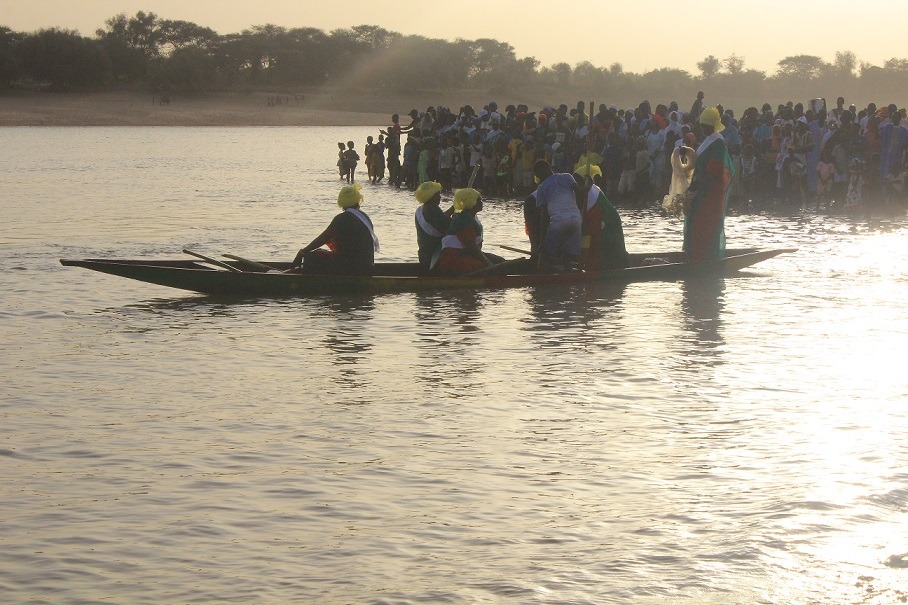The scholar and founder of the Falah Schools, El Hadj Mahmoud Bâ, the warrior Samba Guéladjegui, the army general Farba Djéol, the battle of Sendougou, the “Grotte de l’Hyène”, the mountain Hayré Youlndé… Rich vestiges of he glorious past that the first cultural festival of Djéol, organized from March 17 to 19, 2023, has unearthed.
The festival of Djéol lived, with the effective presence of the President of the Republic and several members of the government including the Minister of Culture, the elected representatives of the Gorgol region and the mayor of Djeol.
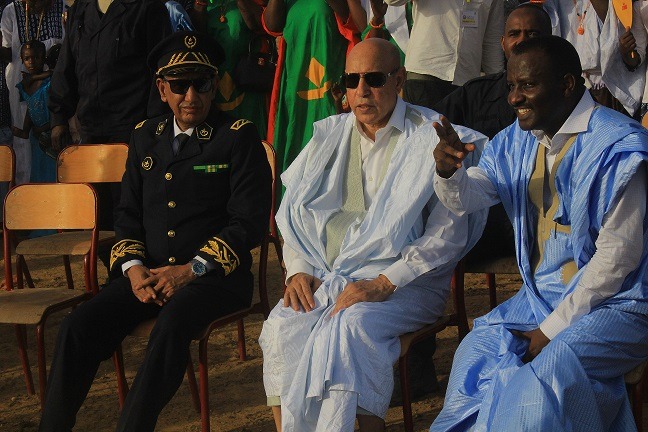
This is the first time that the festival of ancient cities has left its traditional circuit. Since its launch in 2015, it was entirely limited to the cities of Chinguitty, Ouadane, Oualata and Tichitt. The organization for the first time of such an event in the Valley is a way of ” consolidate national unity and social cohesion“, according to the Minister of Culture, artisan of the festival.
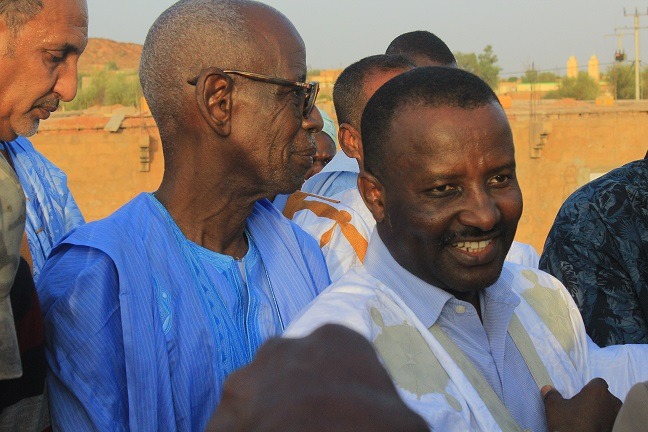
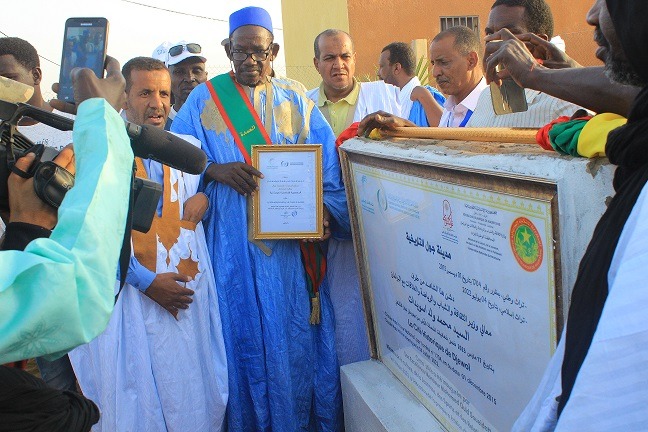
And Jeol was a step like any other, through cultural evenings, exhibitions of local crafts and products from other regions of the country, not to mention conferences and competitions, the festival made it possible to discover the cultural and historical riches of a city known for its religious and spiritual influence, but also for its kings, its Color (generals) and his Almamywith their eternal wars of domination.
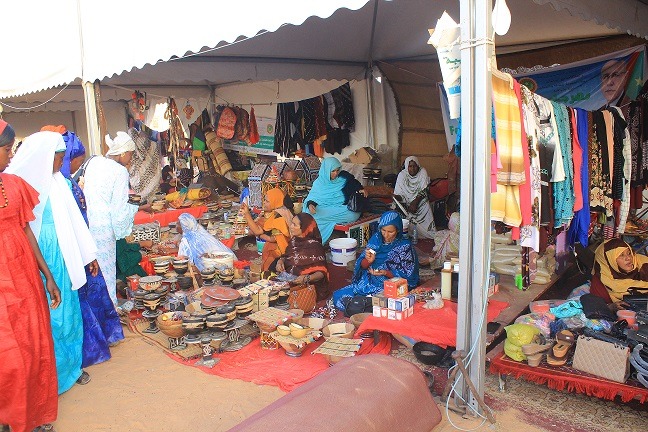
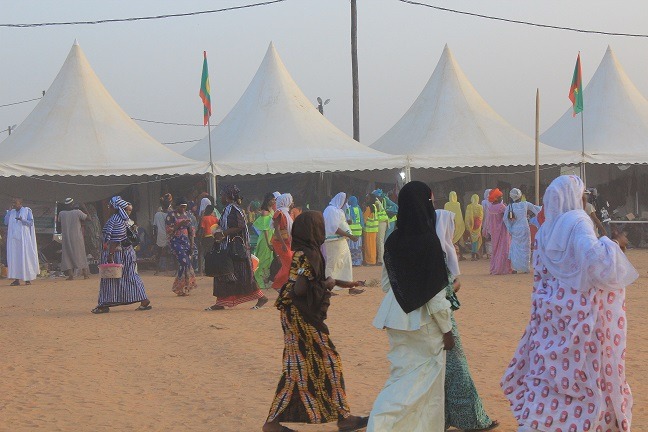
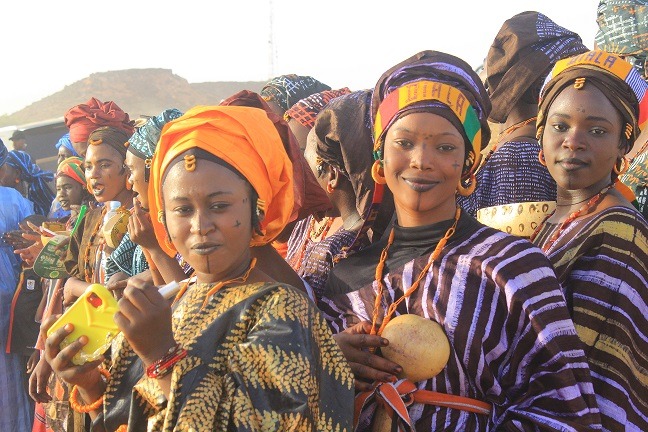
El Hadj Mahmoud Ba and the Fallah schools
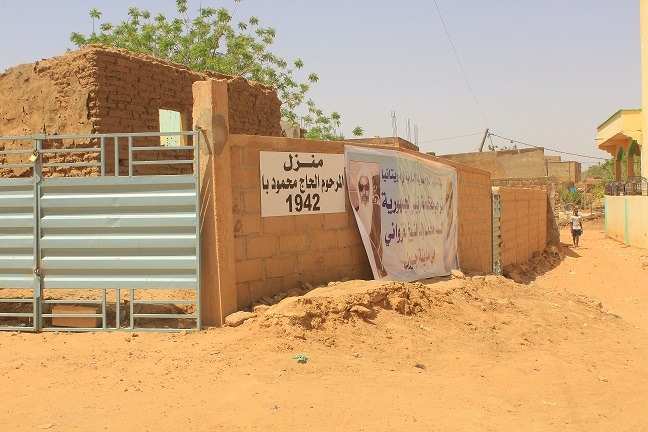
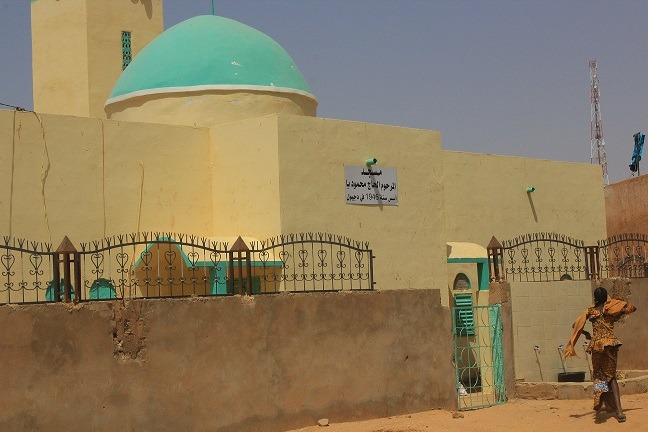
El Hadj Mahmoud Bâ (1905-1978) is the emblematic figure of Djeol. It is from its winding streets that he will leave at the age of 16 to go in search of knowledge. He studied the Koran and Islamic sciences, made the pilgrimage on foot in 1924, stayed in Mecca to perfect his knowledge and returned home to Djéol where he created the first school in 1941. Falah », before extending its establishment in several countries of the religion. Fighted by the settler and the marabouts, he enabled several hundred people to emerge from ignorance, opposed slavery and largely participated in the expansion of the Arabic language in his community. He was adviser to the Presidency of the Republic and for many years took care of education in the country.
Djeol, a sanctuary with natural fortifications
Djeol, a historic city in the heart of Fouta, was the site of fierce conflicts of expansion and occupation, between the different forces present on the spot, but also, with some intrusions from neighboring Moorish emirates.
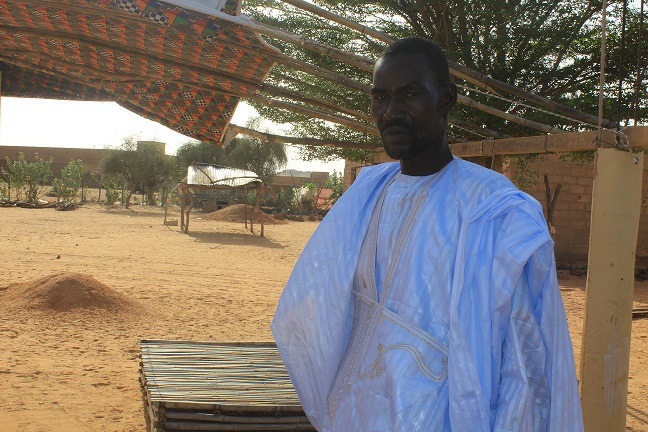
According to Abou Mamadou Diop, in his fifties, a traditional hunter and storyteller, Djéol has accumulated a prestigious historical past. This past is dominated by the almost mythical stories of the warrior Samba Guéladjéguia sort of Robin Hood of Fouta, whose exploits have long fueled a morning show on Radio Mauritanie and continue to rock the collective memory of all of Fouta on both sides of it.
Djéol is mainly populated by Halpulaar and Soninké, two communities that have lived for centuries in total symbiosis between the Wali Souba mountain and the Damé mountain, between a long procession of villages, Kadel Bedjou, Kadel Nambéri, Maali Tourel, Toundé Makajam of the Nianiabé , and other countries.
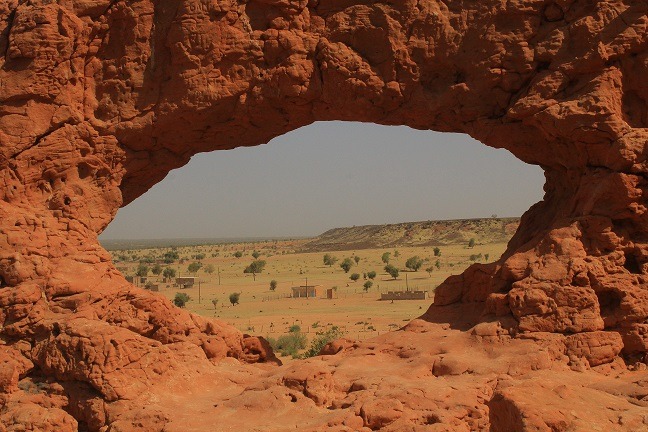
To the north of Djéol, stands the mountain “Hayré Youlndé”, and its watchful “eye”. To the south, the “Cave of the Lost”, between Djeumé and the Soninké village of Gouri. To the east is the “Hill of the Prophet”, or “An Nabiu”, which retains in its pictorial traces what looks like a person’s foot and a camel’s leg.
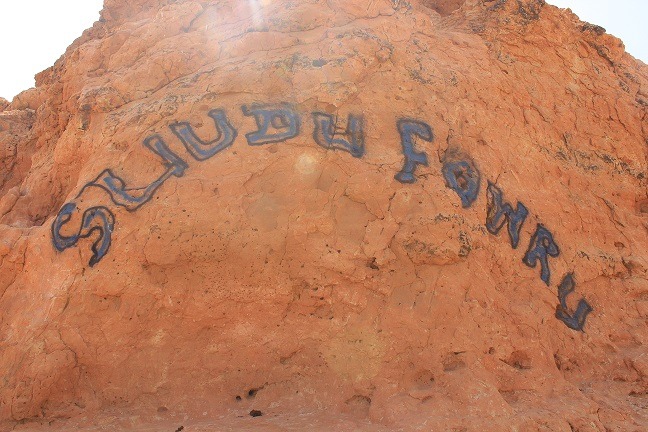
To the northeast, the Cave of the Hyenas, or “Sudu Fowru”, where dozens of caves are still visible even if their former fatal occupants have disappeared. It was also the refuge of witch doctors, hence its other name “Sudu Turu”.
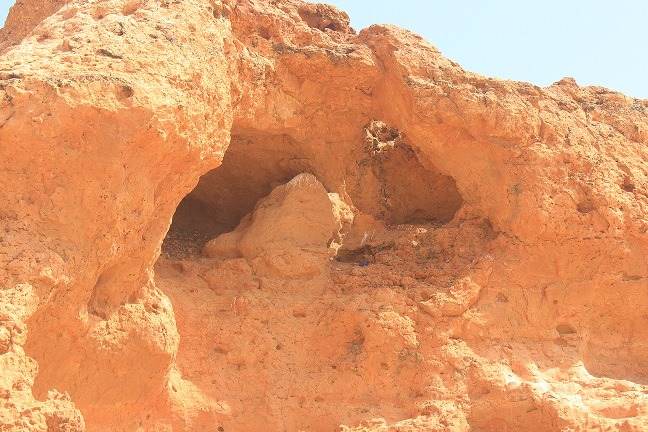
It is between the Cave of the Hyenas and the Hill of the Prophet that the Hill of the Sentinels is located, where the guards of the French colonist will later monitor the inhabitants of Djeol.
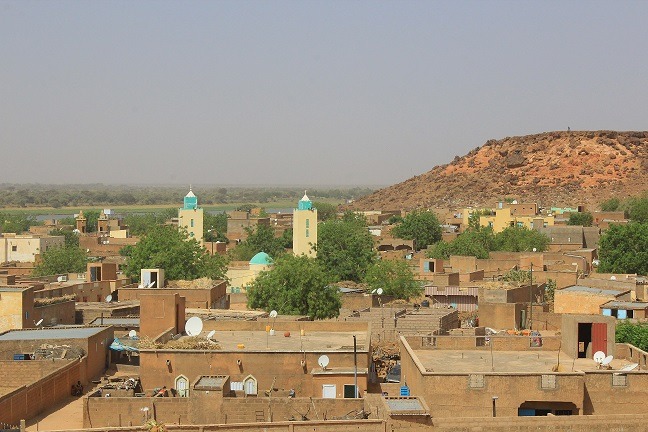
It is there, between these various escarps which surround the city, where the most famous battles of the city will take place. In particular the battle of Sendougou which opposed Samba Guéladjégui to Farba Djolof, on the white dunes bordering the right bank in front of Djéol, where that having opposed him to his cousin Konko Bou Moussa.
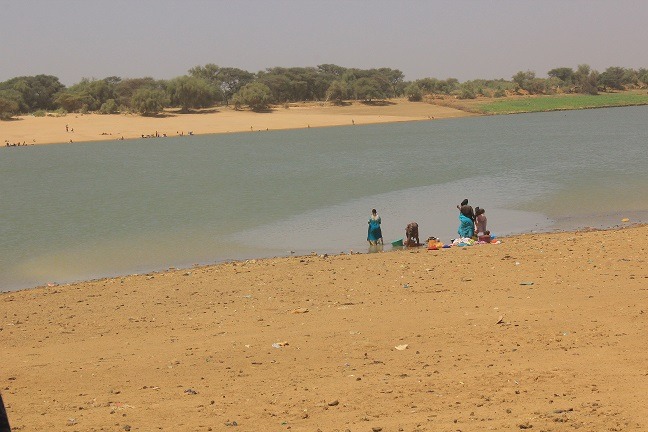
The story of Emir Sid’Ahmed Bakar’s brief intrusion between the four great warriors of Fouta, Farba Djéol, Pathé Hamath from Aoueïnat, Farba Kaédi and Abdoul Bakar from Dabiyé, marks the history of Fouta. Even if a territory was granted to him in Namat, between Djeuné Guiraye, a fishing village and Aoueïnat, he could not settle permanently in the region and will retire later.
city of scholars
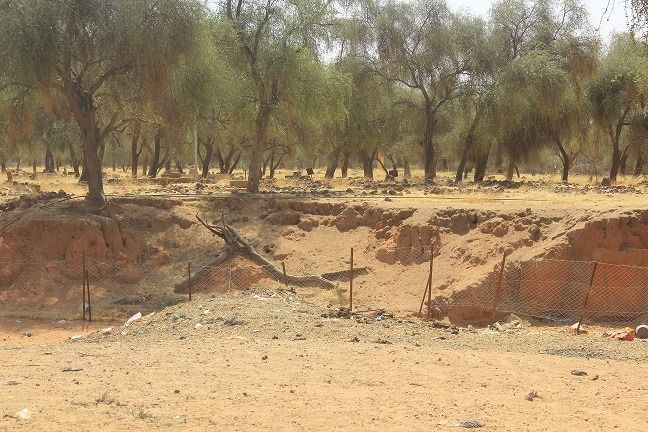
Djeol is above all the city of islamic knowledge. With his many scholars, such as El Hadj Mahmoud Bâ, the Tandia brothers, Alpha Hamidou NGaïdé, Alpha Hamady Bâ, Cheikh Abdoulaye and the Moorish scholar, Chérif Abdoul Moumine, whose tomb in Djéol marks the symbol of his attachment to a land whose populations have returned it well.
Dozens, even hundreds of scholars, were trained within the four walls of Djeol, characterized like all ancient cities, by its interlacing of winding and tight streets, concessions open to each other, in spaces without limits where families live in communicating vessels.
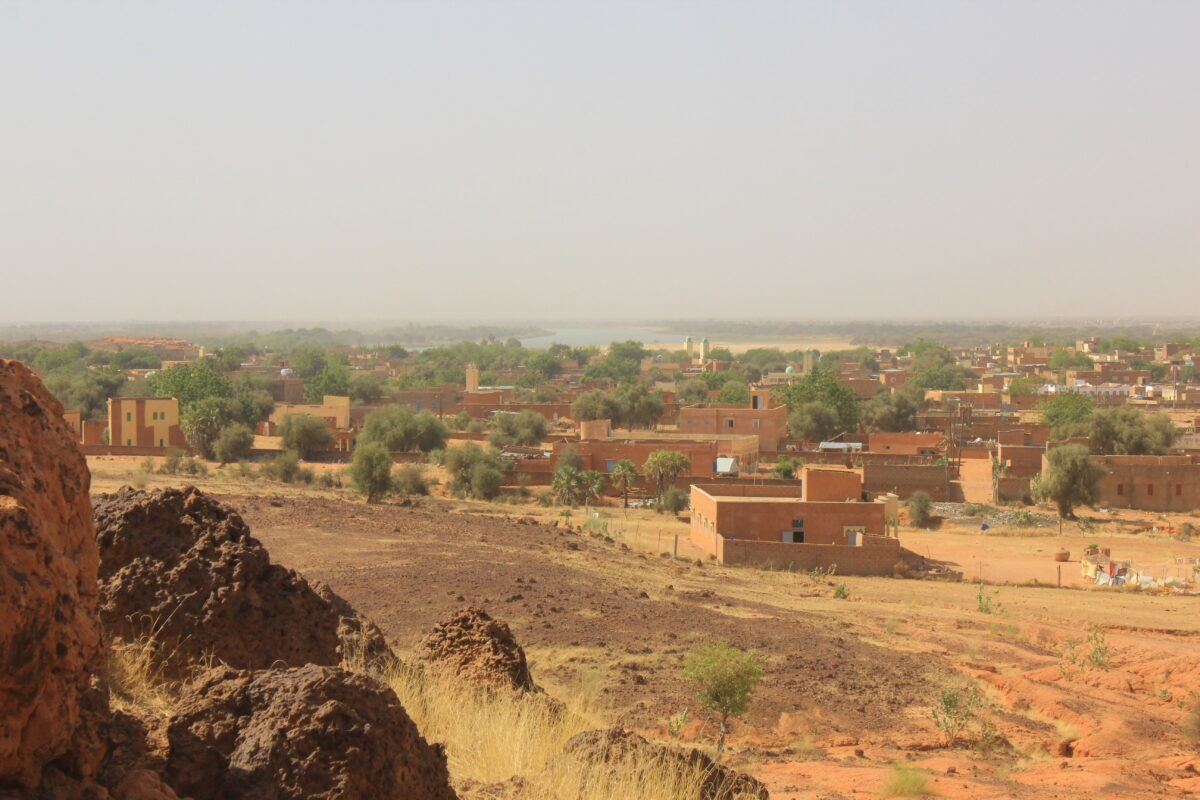
Today, Djéol is experiencing geographical expansion further north, where several families have settled in more spacious and subdivided areas. It is modern Djéol with its opulent villas and its architecture which contrasts with that of the old city, where the banks of the river bathe, with its washerwomen and its boatmen.
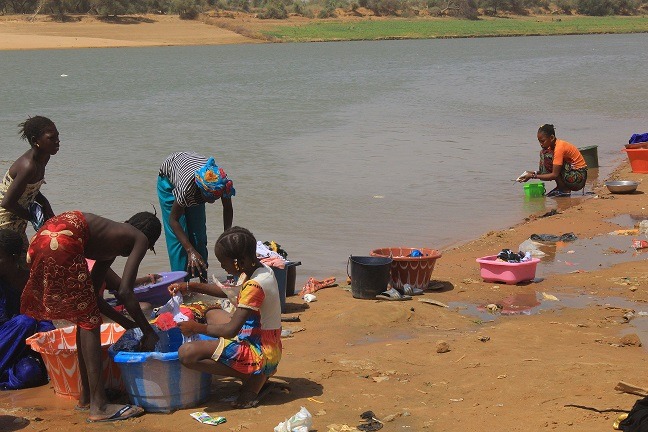
Cultural riches
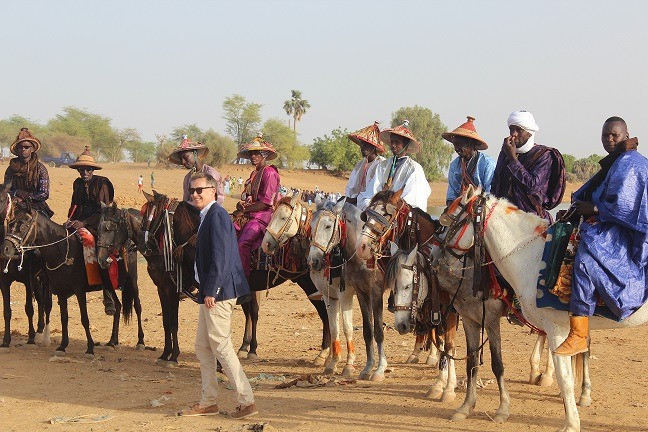
The Djéol festival was the occasion for an extraordinary cultural exhibition. The riders in war gear, proud on their mounts, were the object of admiration, in particular from the ambassador of the European Union, the only diplomat present at the festival, with his collaborator.
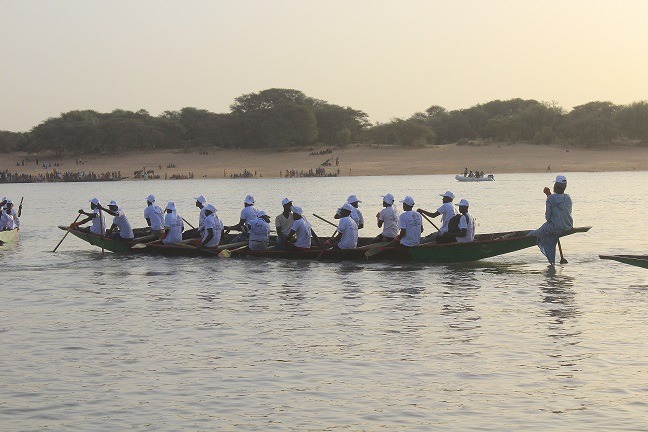
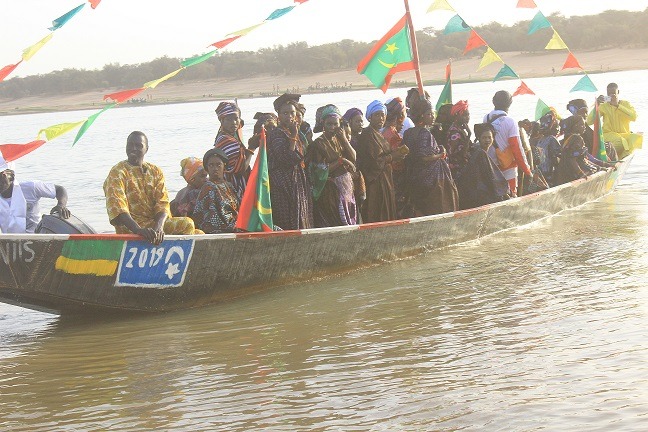
The canoe race, with the panache of the competitors and their vigor on the paddles, was the cultural attraction which was followed with delight by President Ghazouani, surrounded for the occasion by the Wali of Gorgol and the Minister of Culture.
Sheikh Aïdara
